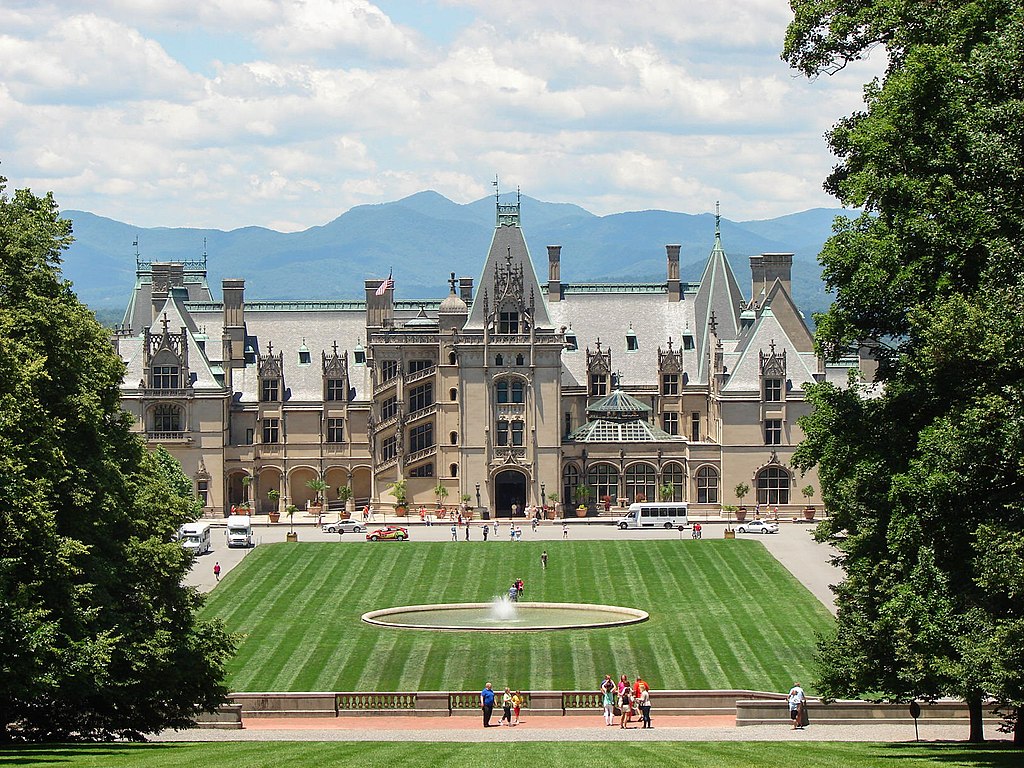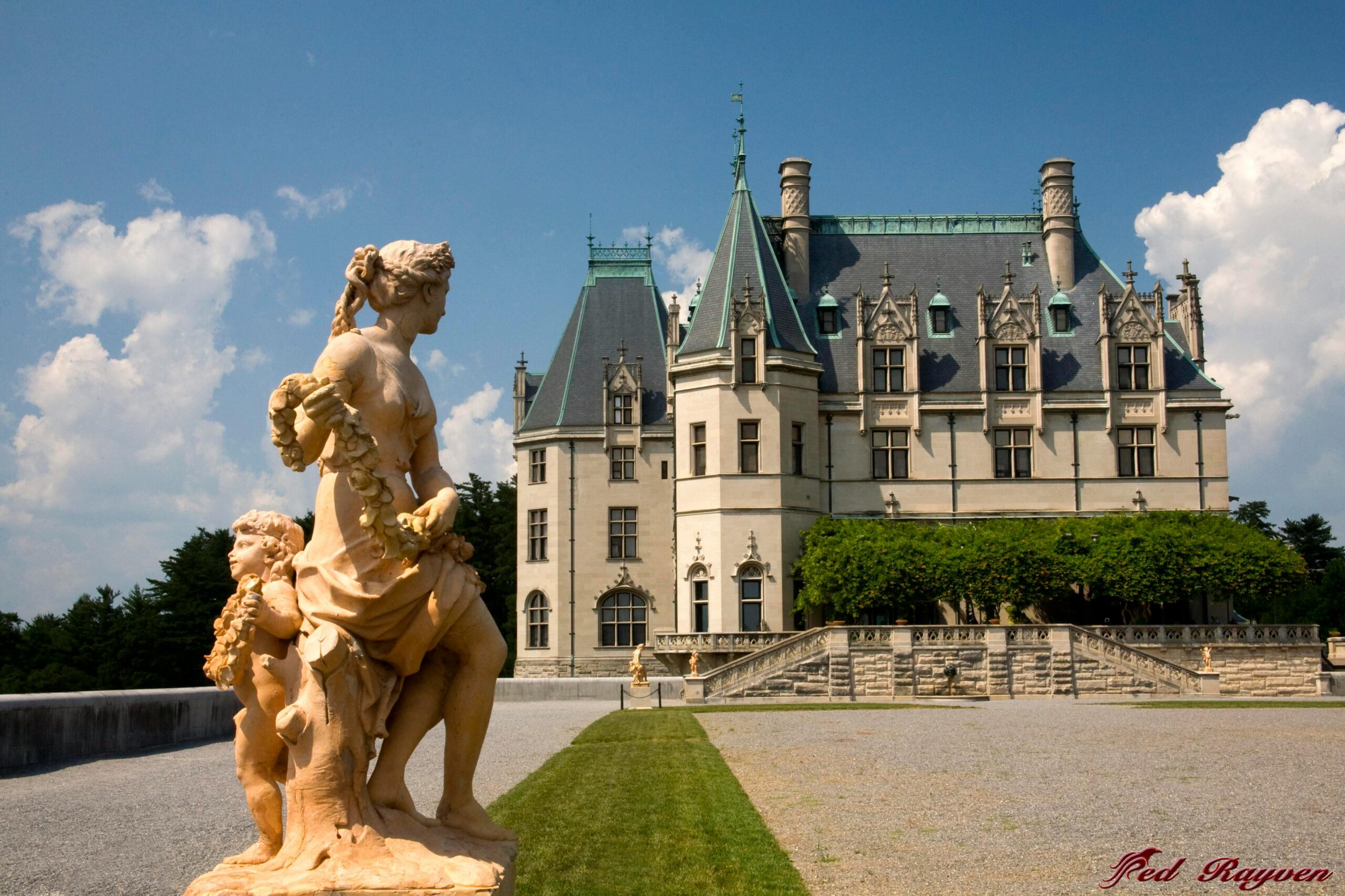
Exploring the Reopened Biltmore Estate
Biltmore Estate in Asheville reopens officially its doors to the public on November 2,2024, marking a significant milestone for both the estate and the tourism industry in North Carolina. Known for its architectural grandeur and historical importance, the Biltmore Estate is a premier destination in the U.S. It was built by George Washington Vanderbilt II in the late 19th century, with construction beginning in 1889 and completed in 1895. This sprawling mansion, the largest privately owned house in the United States, is renowned for its stunning design, blending elements of French château architecture with American luxury. The estate is set on 8,000 acres, featuring meticulously landscaped gardens, a winery, and various recreational spaces, attracting over a million visitors annually.
The Biltmore’s reopening is crucial not just for its historical preservation but also for its economic impact on Asheville and surrounding areas. As a major tourist attraction, the estate contributes significantly to local businesses, hotels, restaurants, and the hospitality sector. Since Biltmore estate opening to the public in 1930, it has played an essential role in shaping the region’s economy, drawing visitors from around the world to experience its beauty and history.

This reopening follows months of renovations and improvements, further enhancing the visitor experience. The estate now offers updated tours, including virtual experiences, providing a more in-depth look at the mansion’s history and the Vanderbilt family’s legacy. The Biltmore’s gardens, also a point of interest for many visitors, have undergone careful restoration, ensuring they retain their original splendor.
The estate’s wine production, started by George Vanderbilt himself, continues to thrive. The Biltmore Winery, located on the estate grounds, is among the top attractions. Visitors can sample a wide variety of wines, some of which are produced using the estate’s own vineyards. The winery has been a major success since its opening and remains a focal point for visitors interested in exploring the estate’s agricultural history.
Moreover, the Biltmore Estate serves as a cultural and educational hub, offering seasonal events, exhibits, and workshops throughout the year. The estate’s commitment to preserving history, art, and architecture makes it an essential part of America’s cultural heritage. Its reopening marks the return of a significant cultural landmark that continues to serve as a testament to the vision of George Washington Vanderbilt II, whose legacy endures through the estate’s timeless beauty and historical importance.

Hi! This post couldn’t be written any better! Reading this post reminds me of my good old room mate! He always kept talking about this. I will forward this post to him. Pretty sure he will have a good read. Many thanks for sharing!
Hi I am so grateful I found your blog page, I really found you by accident, while I was researching on Google for something else, Nonetheless I am here now and would just like to say cheers for a marvelous post and a all round exciting blog (I also love the theme/design), I don抰 have time to read it all at the minute but I have bookmarked it and also added in your RSS feeds, so when I have time I will be back to read much more, Please do keep up the great job.
Thanks for sharing excellent informations. Your web site is very cool. I’m impressed by the details that you have on this website. It reveals how nicely you perceive this subject. Bookmarked this website page, will come back for extra articles. You, my friend, ROCK! I found just the information I already searched all over the place and just couldn’t come across. What an ideal web-site.